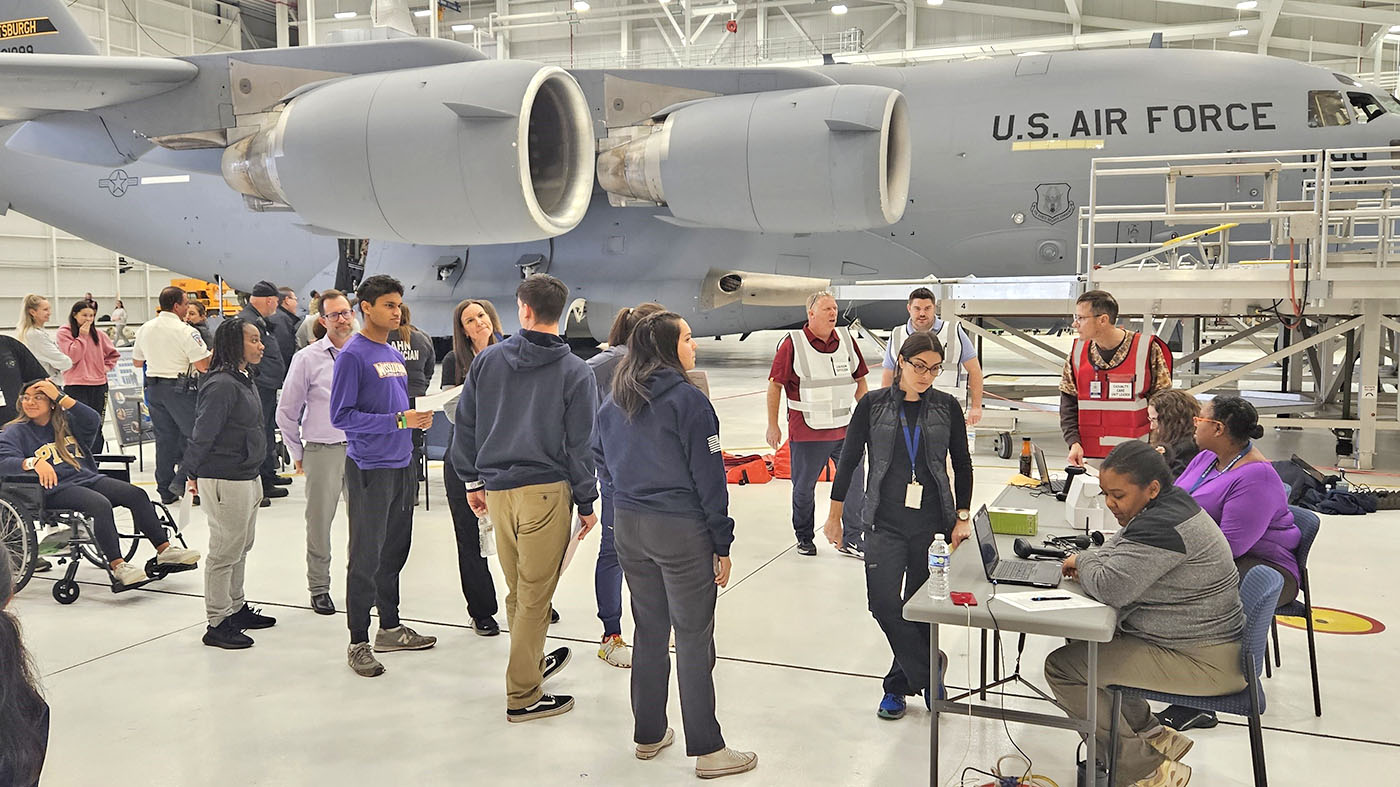If you’ve ever needed to change medication – maybe because of a side effect or because it just wasn’t working for you – you know that trial and error is often used to identify the best treatment, especially for mental health conditions.
That practice may soon be a thing of the past with recent advances in precision medicine, sometimes called “personalized medicine,” in which disease prevention and medical treatment are tailored to an individual’s clinical, lifestyle and genetic information.
While precision medicine has been used in physical health care for some time, precision medicine for mental health care is in its infancy.
Historically, medications have been prescribed for the “average” patient, a person of average age, weight, metabolism and other traits. But that one-size-fits-all method doesn’t work for everyone, which has left prescribers casting about for a medication that helps after the most commonly used one has failed.
Precision medicine determines which meds most likely to work
Precision medicine, however, takes the patient’s genes, environment and lifestyle into account to determine which medicines are most likely to work.
For example, evidence has shown that a particular gene metabolizes commonly prescribed opioids. The identification of this gene can help shape decisions about medications, dosage and addressing any adverse effects.
To make the leap from the science lab to the doctor’s office, VA will conduct research on the use of a specific type of genetic testing, called pharmacogenetics, to identify pain medications that may work better, which is particularly important for Veterans experiencing opioid use disorder.
Turning research findings into clinical care for Veterans
VA has the opportunity to research brain and mental health biomarkers among Veterans, thanks to the Commander John Scott Hannon Veterans Mental Health Care Improvement Act of 2019. VA’s Office of Research and Development and its Office of Mental Health and Suicide Prevention launched the precision mental health initiative in April.
This initiative will foster coordinated biomarker research on mental health conditions, promote the sharing of anonymous research data, and help turn research findings into clinical care for Veterans.
Topics in this story
More Stories
Theranostics is a specialized field of nuclear medicine that uses a two-pronged approach to diagnose and treat cancer.
Air Force Veteran Shireta Jones overcomes obstacles with support from VA and adaptive devices to continue her passion for pickleball.
Pittsburgh VA and its partners practice relocating hospitalized patients during disasters and public health emergencies.







I found this article enlightening, not scary. I’m glad the VA is trying new approaches to help manage mental health. I’ve found the old system works exactly as described: the doctor prescribes to me what others in my demographic have had success, then adjusts from there. Really, it’s a pretty reasonable way to work at the problem. However, tailored treatments are becoming more normal in fighting disease. Mental illness is just a disease. If we give the doctor more information, maybe they can better prescribe. Maybe there won’t be so many trial and error prescriptions.
You want to USE us for research AND not let us directly benefit from the testing! Why not just let our care givers order the dang testing and get the results directly. Big Brother can collect the data when it is ordered. Win-win for patient and gov’t research. Why do you think you have the right to ask us to be guinea pigs for your research without us directly benefitting from the testing? Do you not understand that it is OUR mental health and it needs to treated now; not years after your research. This is why so many veterans do not trust the VA.
Yep. I used to trust the VA a lot but the more I see the less I trust.